EU calls for Serbian media sector to be better regulated
Poor condition of the media sector in Serbia is caused by a lack of regulation and clear market rules, said participants of a panel on freedom of the media.
Wednesday, 02.04.2014.
09:21

EU calls for Serbian media sector to be better regulated
The EP's rapporteur on Serbia Jelko Kacin, one of the conference organizers, said that adoption of the media laws is one of the main tasks of the new government.According to Kacin, the three biggest problems of the Serbian media sector are self-censorship and a lack of investigative journalism, non-transparency of ownership, and the rise of tabloids.
Media are the foundation of a democratic state, stressed Kacin, adding that a critical analysis of events is often lacking.
He also noted that the media frequently publish information relating to investigations that should be kept as confidential, which, as he says, poses a threat to the rule of law.
Kacin noted that the media sector will be addressed in the EU accession negotiations in several chapters, including the key chapter 23 on judiciary and fundamental rights.
He emphasized that the attacks against journalists often remain unpunished and welcomed the foundation of the Commission for investigating journalist murders.
Serbia's chief negotiator with the European Union Tanja Miščević emphasized that the government will undertake to submit media bills to the parliament as soon as possible, but pointed out that it is more important for those laws to be implemented in practice.
Ljiljana Smajlović, president of the Serbian Association of Journalists (UNS), criticized the government for still not taking into consideration the report on corruption in the media by Verica Barać, the late president of the Serbian government's Anti-Corruption Council.
Smajlović said that UNS will demand that the media laws incorporate an obligation of the media to disclose their financing, which implies not just the funds received from the government and non-governmental organizations in Serbia, but also from other countries and international organizations.
Saša Mirković, Assistant Minister of Culture and Information, said that even after two and a half years since the adoption of the media strategy, Serbia did not pass the relevant laws, despite two electoral processes and government reshuffles.
Dragan Janjić, Vice President of the Independent Journalists Association in Serbia (NUNS) said that the Serbian political elite lost years by not doing anything to improve the situation in the media and the position of the journalists.
Several participants in the debate agreed that marketing agencies, often under indirect control of the government, are used a means of subtle control over the media.












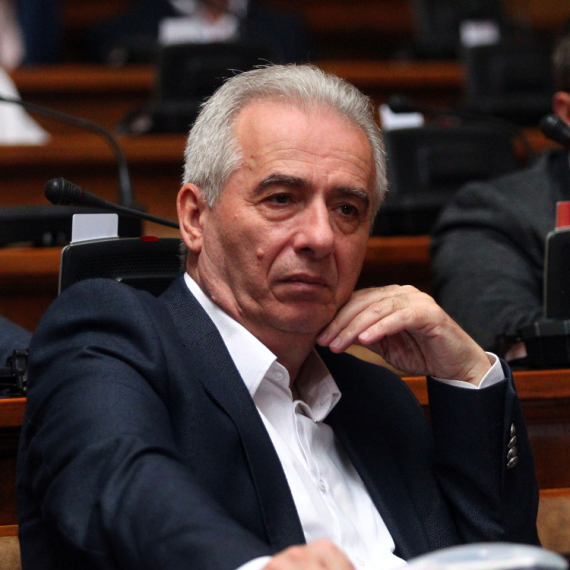


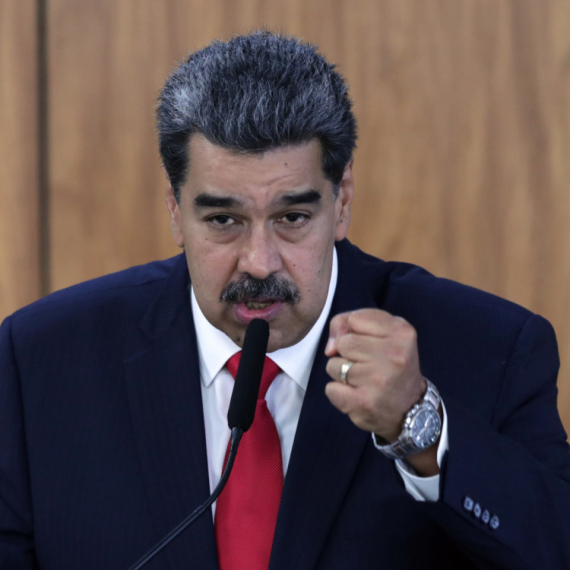
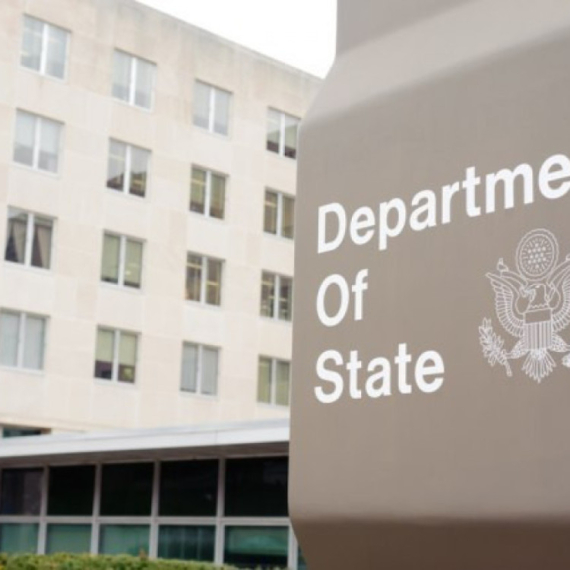
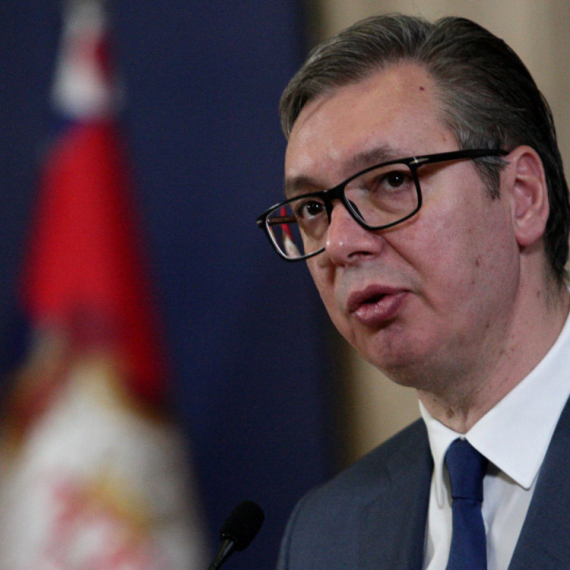

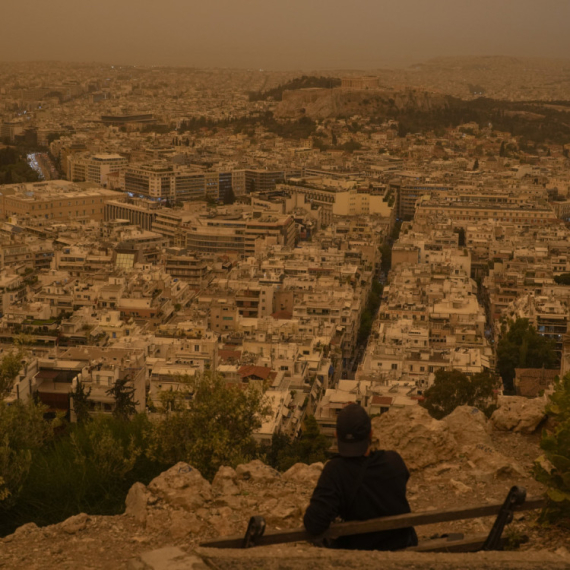




















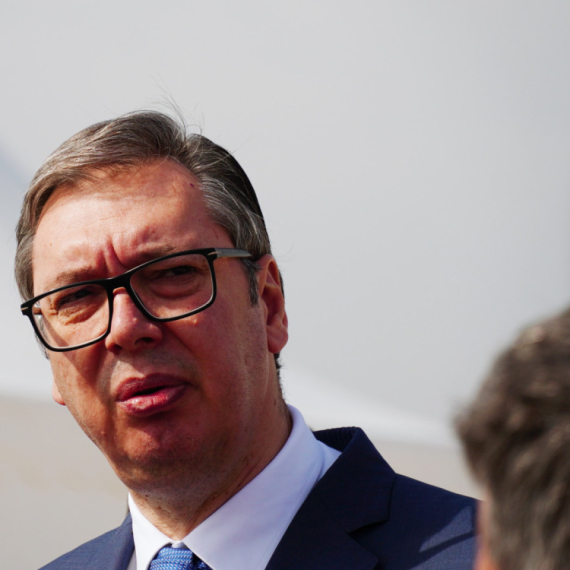
















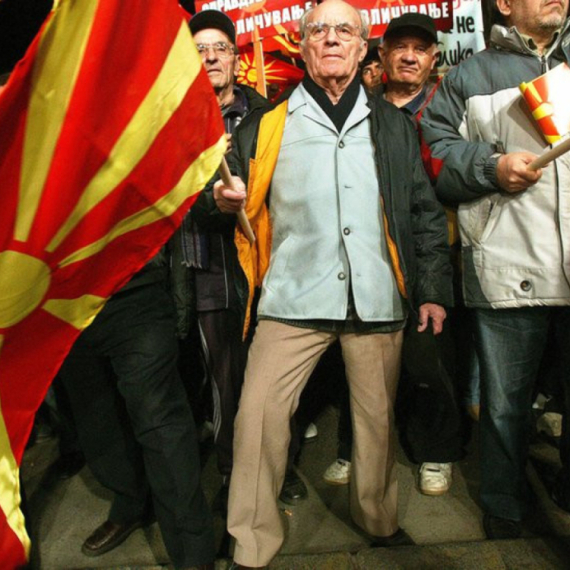
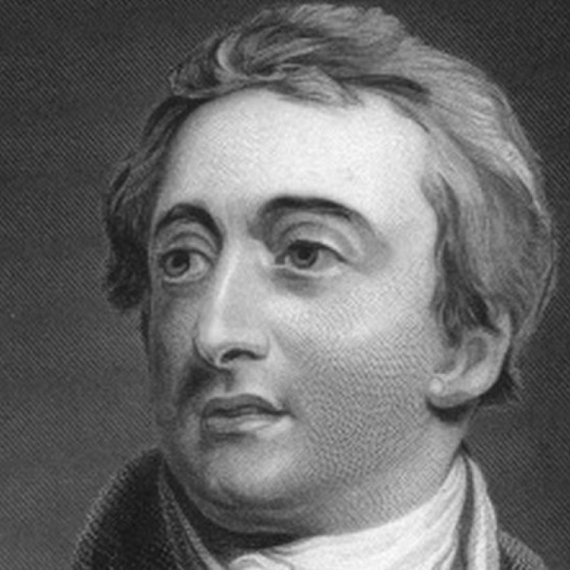

Komentari 2
Pogledaj komentare